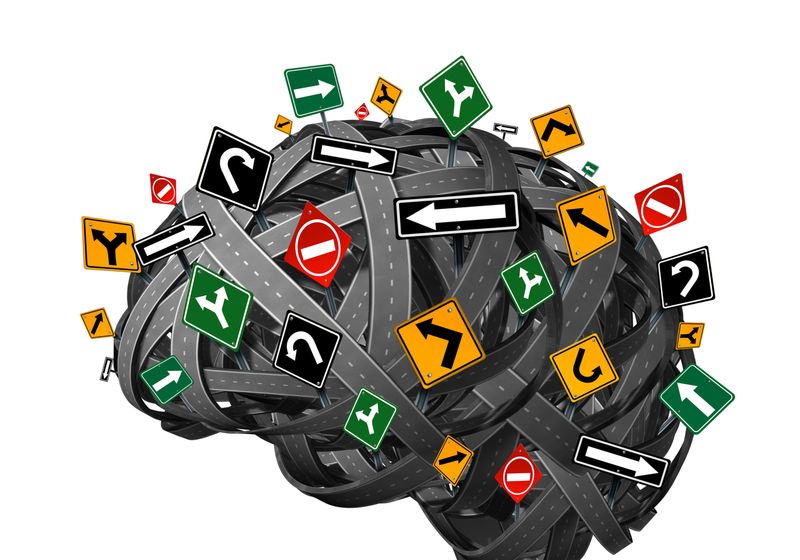Dopamine signaling both promotes and decreases motivation to perform a particular behavior.
The first time a person rides a rollercoaster, they may find it exhilarating, but when they get back on to ride again, they may find that they can’t replicate that initial feeling of excitement. Sometimes, this feeling of lost interest leads to people abandoning activities or behaviors altogether.
Dopamine is one of the main drivers for animals, including humans, to decide whether or not to continue or repeat a behavior.1 In contexts like substance abuse, increased dopamine leads to desensitization of this neurotransmitter’s receptor.2 This in turn decreases the reward that people experience with subsequent uses, which can lead to increasing consumption and addiction.
However, this pathological phenomenon may also occur naturally as a way to deprioritize repeated behaviors—leading to the feeling of losing interest. Researchers from Boston Children’s Hospital showed that dopamine signaling during mating in flies primed the insects to be less motivated to continue copulation upon stress in a subsequent mating event. The findings, published in Nature Neuroscience, could provide insights into experiences like loss of interest and motivation and improved understanding of addiction.3
Dopamine motivates flies to pursue and persist mating behavior. However, while flies will repeat mating, this inclination decreases with each subsequent copulation event.4 Similarly, the researchers showed in the new study that stressful exposures, such as to either heat or light perturbations, caused male flies that had previously mated to abandon mating more often than those that had not previously mated.
To investigate dopamine’s role in this mating behavior fatigue, the researchers chemically stimulated dopamine neurons in unmated flies. When they stimulated these neurons before mating, the flies abandoned copulation when stressed, similar to the previously mated flies, but dopamine stimulation during copulation did not have this effect. In contrast, when the researchers silenced dopamine signaling during an initial mating, the flies were less likely to terminate this behavior in a subsequent mating. This suggested that dopamine signaling occurs during fly copulation that results in the insects being less motivated to continue the action in future mating events.
To better characterize the dopamine-mating behavior circuit, the researchers focused on a group of Copulation Decision Neurons (CDNs) responsible for terminating mating. Indeed, mutating D2R, a dopamine receptor, or knocking it down with RNA interference (RNAi) increased the likelihood of flies abandoning copulation when exposed to heat stress. The researchers concluded that dopamine signaling inhibits the activity of CDNs, preventing these neurons from stopping mating.
Finally, the researchers studied how dopamine signaling during an initial mating primes flies to abandon the behavior in subsequent copulations if they are stressed. As opposed to an initial mating reducing the subsequent release of dopamine, the team observed that artificially supplying dopamine did not rescue mating; this suggested that the dopamine receptor became less sensitive to the neurotransmitter, leading to less inhibition of CDN activity.
The researchers confirmed this hypothesis by using RNAi to decrease levels of a protein that regulates signaling through dopamine receptors. They saw that inactivating this regulator stopped subsequent matings from being devalued. The findings represent the first example of a naturally occurring role for desensitization through this signaling pathway in regulating behavior.
“The demonstration of D2R desensitization in response to naturally released dopamine links this pathological mechanism to the natural ebb and flow of our individual drives. Better understanding of this mechanism could lead to new hypotheses for motivational control and how it becomes corrupted in addiction,” said Michael Crickmore, a neuroscientist at Boston Children’s Hospital and coauthor on the study, in a press release.

